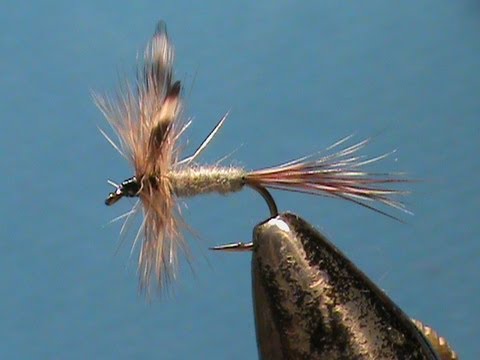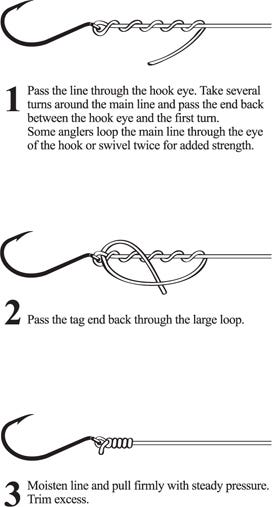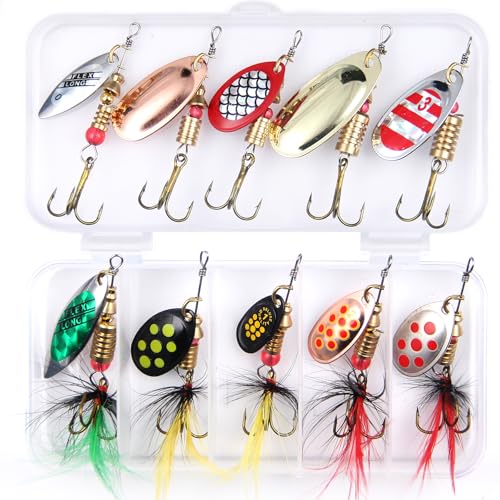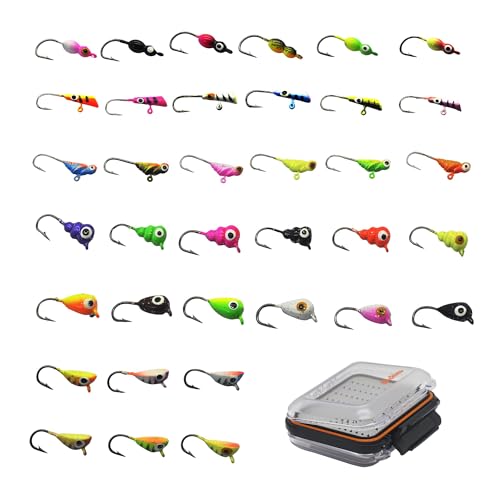Fishing for bass is fun. But you need to know how to tie lures. This guide will help you.
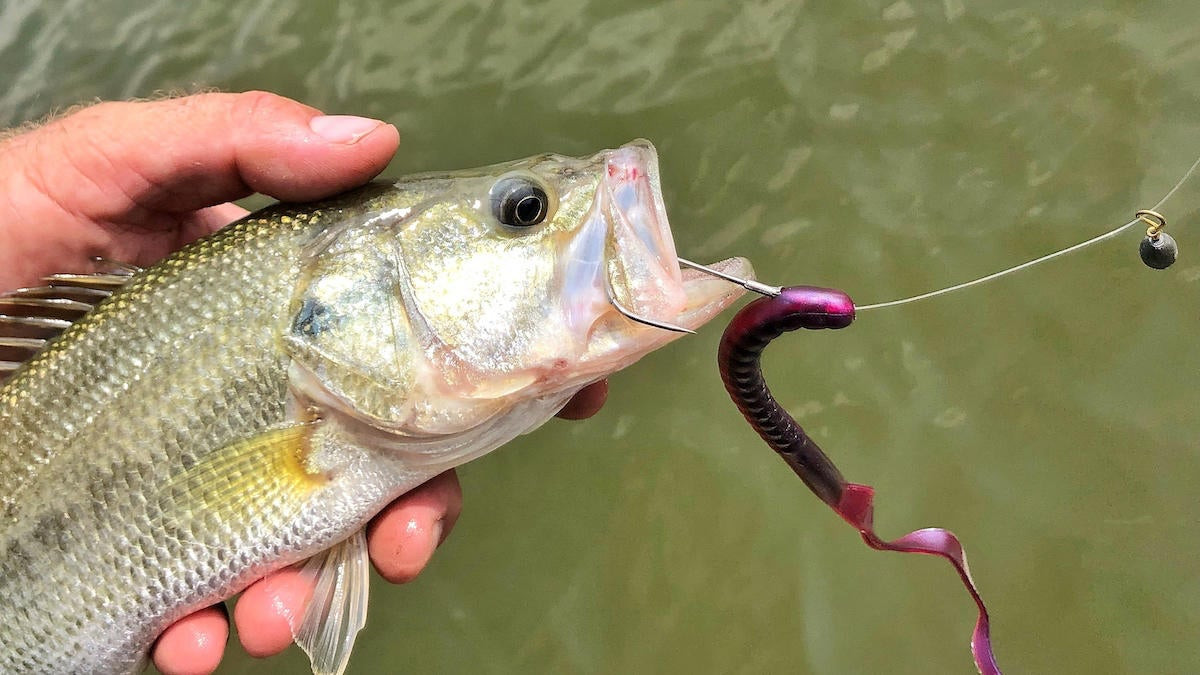
Credit: www.wired2fish.com
Why Tying Lures is Important
Tying lures well helps catch more bass. A good knot keeps the lure secure. It also makes the lure move right in the water.

Credit: www.wikihow.com
What You Need
First, gather your supplies. You need:
- Fishing line
- Lures
- Scissors
Types of Knots
There are many knots. Here are three easy ones:
- Improved Clinch Knot
- Palomar Knot
- Loop Knot
Improved Clinch Knot
This knot is strong. It is good for most lures.
- Thread the line through the lure eye.
- Wrap the line around itself five times.
- Pass the end through the first loop.
- Then pass it through the big loop.
- Pull tight and trim the excess.
Palomar Knot
This knot is easy and strong. It works well with braided line.
- Double the line and pass it through the lure eye.
- Tie a loose overhand knot.
- Pass the lure through the loop.
- Pull tight and trim the excess.
Loop Knot
This knot lets the lure move freely. It is good for topwater lures.
- Make a simple overhand knot.
- Pass the line through the lure eye.
- Pass the line back through the overhand knot.
- Wrap the line around itself three times.
- Pass it back through the overhand knot.
- Pull tight and trim the excess.
Step-by-Step Instructions
Here are detailed steps for each knot.
Improved Clinch Knot Step-by-step
Follow these steps:
- Take the end of the line. Pass it through the lure eye.
- Wrap the line around itself five times.
- Pass the end through the first loop.
- Then pass it through the big loop.
- Pull tight. Trim the excess line with scissors.
Palomar Knot Step-by-step
Follow these steps:
- Double about 6 inches of line. Pass it through the lure eye.
- Tie a loose overhand knot with the doubled line.
- Pass the lure through the loop.
- Pull the main line and tag end to tighten the knot.
- Trim the excess line.
Loop Knot Step-by-step
Follow these steps:
- Make a simple overhand knot in the line. Leave it loose.
- Pass the end of the line through the lure eye.
- Pass the line back through the overhand knot.
- Wrap the line around itself three times.
- Pass it back through the overhand knot.
- Pull tight. Trim the excess line with scissors.
Tips for Success
Here are some tips to help you tie knots better:
- Practice makes perfect. Try tying knots at home.
- Use good quality line. It is less likely to break.
- Wet the line before pulling the knot tight. This reduces friction.
- Trim the excess line close to the knot. This prevents snagging.
Common Mistakes to Avoid
Here are some mistakes to avoid:
- Do not rush. Take your time to tie the knot correctly.
- Do not tie knots with frayed or damaged line. Use fresh line.
- Do not leave long tag ends. Trim them close to the knot.
Frequently Asked Questions
What Type Of Knot Is Best For Tying Lures?
The Palomar knot is often recommended. It’s strong and easy to tie.
How Do You Tie A Palomar Knot?
Double your line, pass through the lure eye, tie an overhand knot, loop over the lure, and tighten.
Can You Use Any Fishing Line To Tie Lures?
Yes, you can use monofilament, fluorocarbon, or braided line. Each has its benefits.
Why Is Knot Strength Important In Fishing?
Strong knots prevent losing fish. They ensure your lure stays attached during a catch.
Conclusion
Now you know how to tie lures to fishing line for bass. With practice, you will get better. Good luck and happy fishing!

